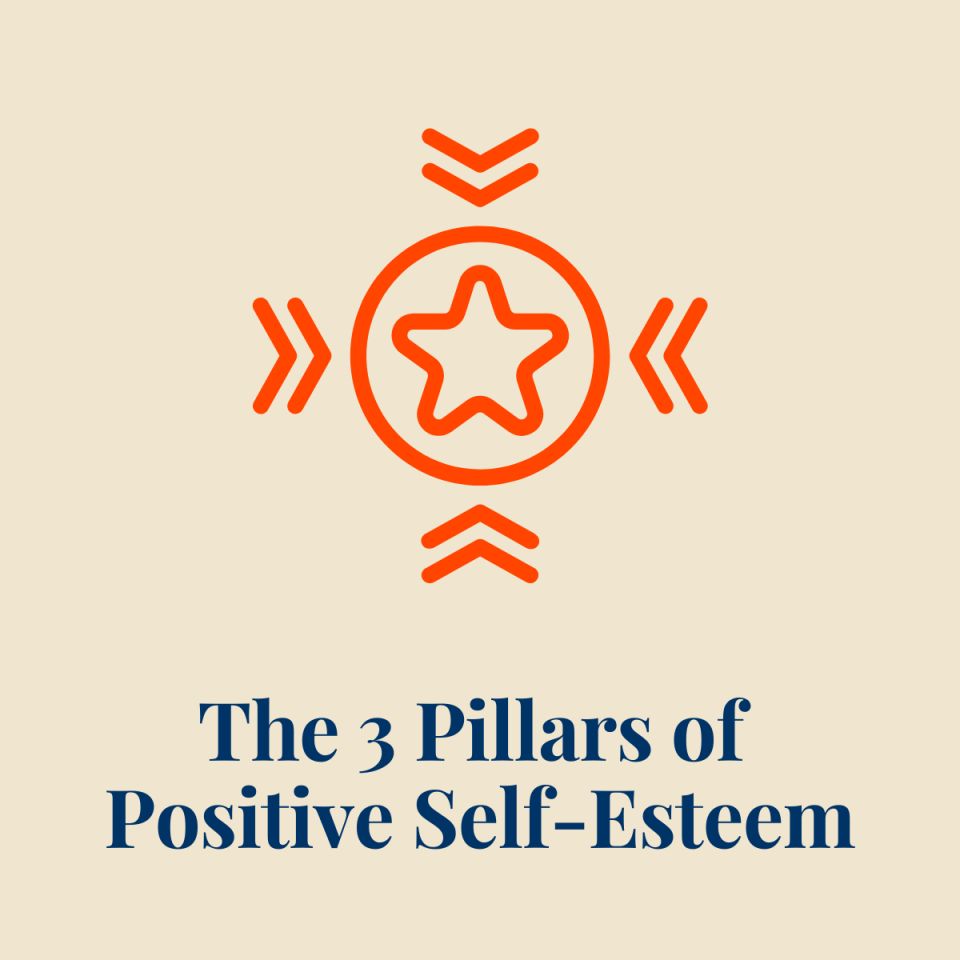Discover the 3 pillars of positive self-esteem: guiding children with clarity on acceptable, unacceptable, and negotiable behaviors. Empower them to grow into confident, independent thinkers.
Positive self-esteem is not a default setting; it is cultivated through conscious nurturing and consistent guidance. It starts with clarity—helping your child distinguish between what is acceptable, what is unacceptable, and what is negotiable. This framework becomes the foundation of their decision-making skills, resilience, and self-confidence.
What is Acceptable?
These are the non-negotiable values and behaviors that align with family, cultural, or societal norms. Teaching children what is acceptable instills a sense of structure and belonging.
Examples:
Treating others with kindness and respect.
Practicing honesty, even when it feels challenging.
Following basic safety rules, like holding hands while crossing the road or wearing a helmet.
By reinforcing acceptable behaviors with positive reinforcement—praise, acknowledgment, or rewards—children internalize these values as guiding principles.
What is Unacceptable?
These are the boundaries that protect your child and others from harm or unhealthy patterns.
Unacceptable behaviors must be addressed with clarity and consistency, so the child understands the consequences of their actions.
Examples:
Physical aggression, like hitting or biting.
Dishonesty that leads to harm or loss of trust.
Risky behavior, such as playing with dangerous objects or ignoring safety instructions.
When addressing unacceptable actions, focus on explaining why the behavior is not allowed. This helps children learn the impact of their actions on themselves and others.
What is Negotiable?
This is the space for creativity, dialogue, and compromise. It teaches children to express themselves while respecting others’ viewpoints. Negotiable areas are essential for developing critical thinking and emotional intelligence.
Examples:
- Choosing their own clothes or hairstyles (within limits).
- Deciding how they’d like to spend free time or allowance.
- Negotiating household responsibilities, such as chores.
By giving children the freedom to negotiate within a safe framework, they develop problem-solving skills and learn how to advocate for themselves respectfully.
From Protected Dome to Life’s Playfield
- During the early years (0–2.5), children live in a protected space where their primary interactions are with caregivers. Once they step into the larger life playfield, they must navigate a world of choices and consequences. This is where clarity on acceptable, unacceptable, and negotiable behaviors becomes a powerful tool.
By fostering this understanding: - You equip them to become independent thinkers who are not afraid to question, reason, and decide.
- You instill confidence that allows them to handle challenges without losing self-worth.
- You create self-aware individuals capable of building positive relationships and contributing meaningfully to their communities.
Empowering the Next Generation
Raising children is not about controlling their every move; it’s about guiding them to flourish independently. When you consciously nurture their self-esteem through trust, boundaries, and dialogue, you set the stage for lifelong growth.
Together, let’s raise a generation of confident, compassionate, and self-assured individuals ready to take on the world with clarity and courage.








